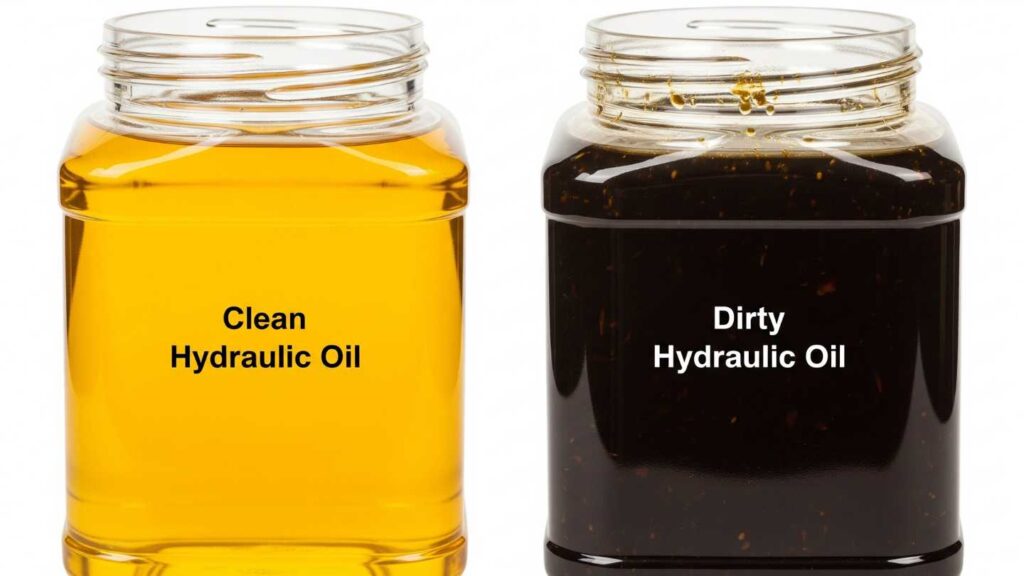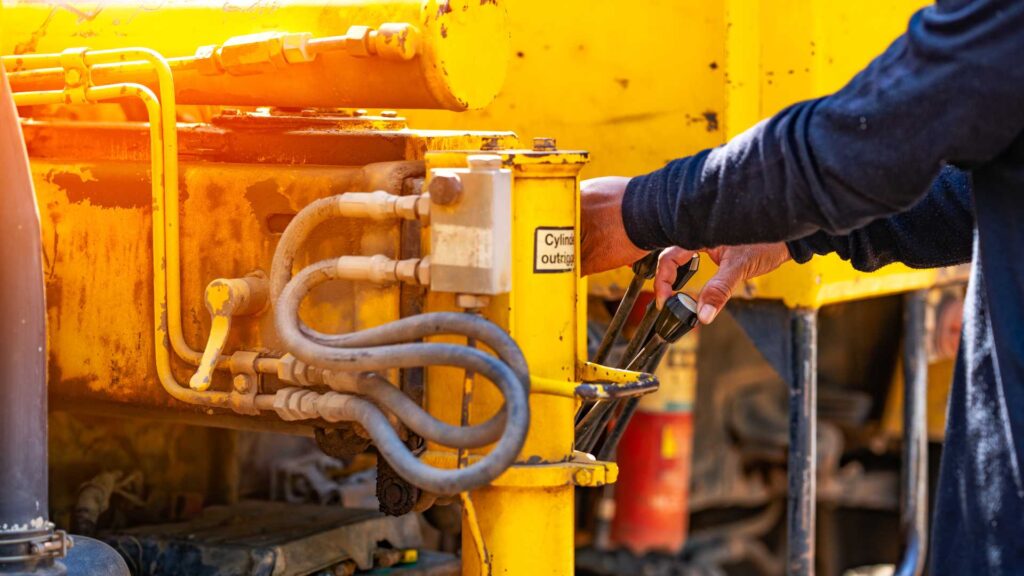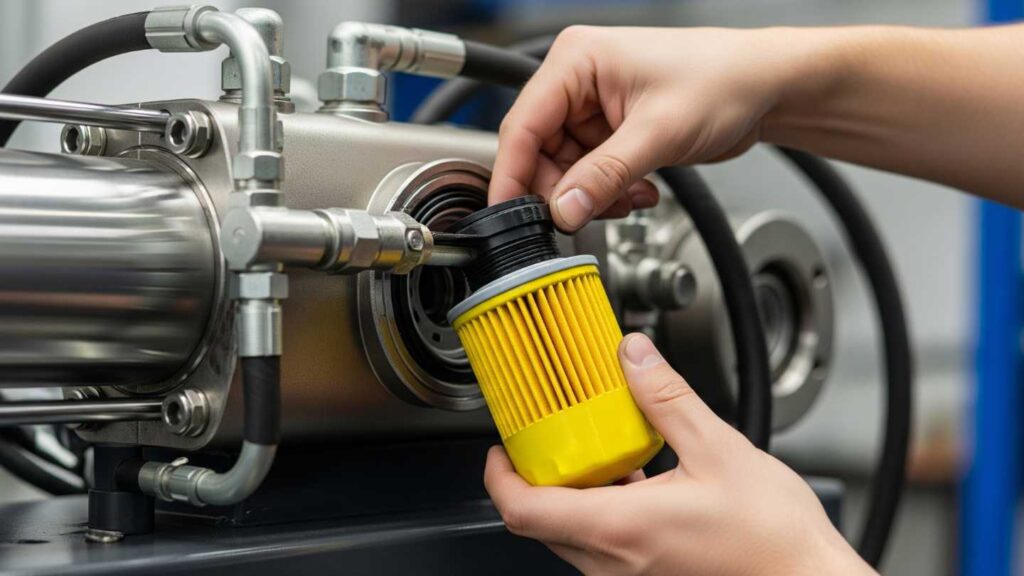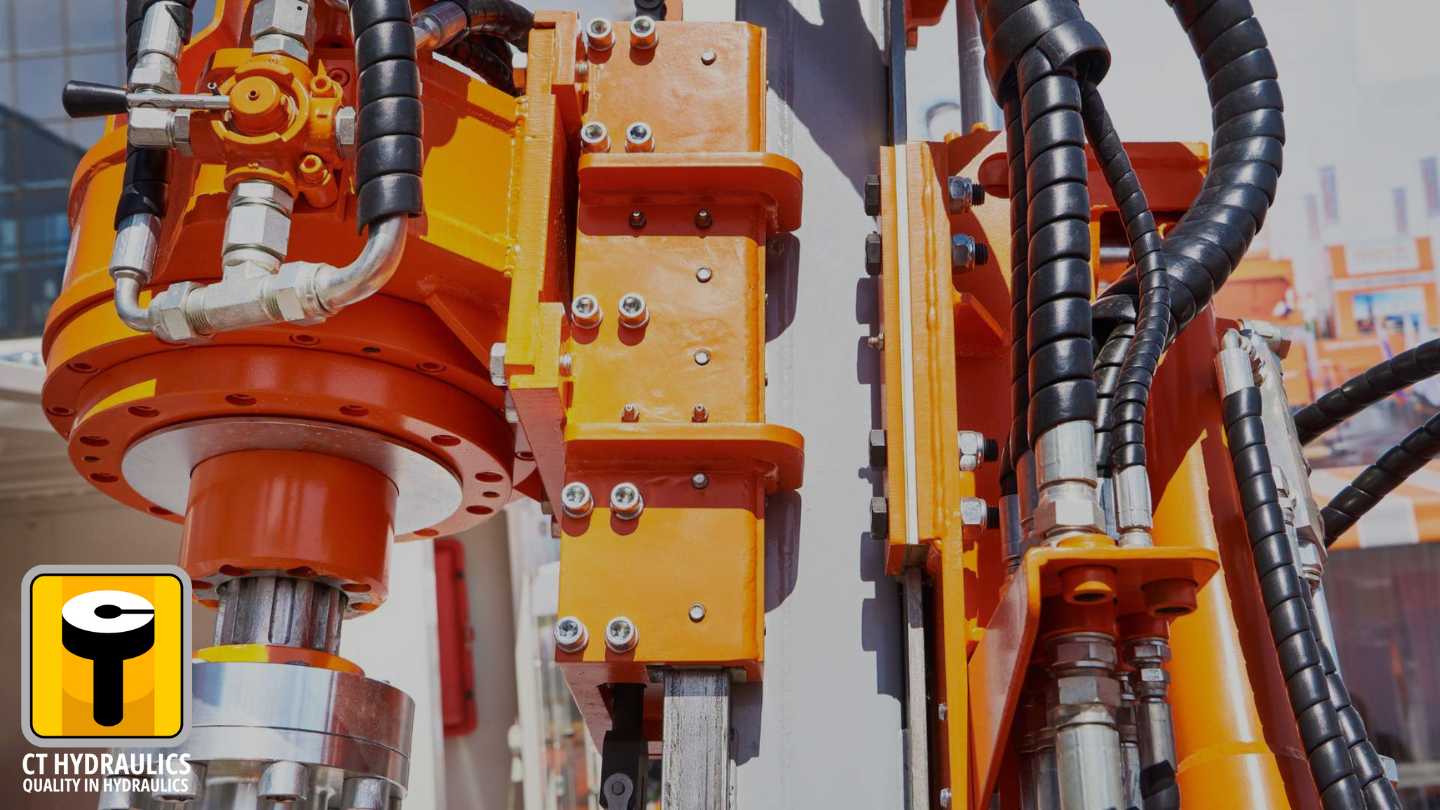Hydraulic systems are powerful, precise, and often the beating heart of industrial equipment. But just like any hardworking system, they’re only as good as the condition they’re kept in. One of the most overlooked yet critical aspects of system health? Clean oil. This is where hydraulic filtration steps in.
If you’re an engineer, machine designer, or maintenance technician, you already know how vital performance and reliability are. So let’s break down why oil cleanliness is more than just a maintenance checkbox; it’s a performance imperative.
What Is Hydraulic Filtration?
Hydraulic filtration is the process of removing contaminants from the hydraulic fluid. These contaminants can be solid particles like metal shavings or dust, water, or other foreign substances that find their way into the system over time.
Even the most finely tuned hydraulic system isn’t immune to contamination. A tiny particle, microns in size, can scratch surfaces, clog components, and cause a cascade of inefficiencies or complete failures.
That’s why filtration isn’t optional. It’s an integral part of every well-functioning system. Specialists like Triple R provide advanced filtration solutions, helping to keep systems running at peak performance and reliability.

Why Clean Oil Matters for Performance
Contaminated oil leads to excessive wear, sluggish operation, and costly downtime. Here’s why keeping oil clean is essential:
- Protects Components: Dirt and debris act like sandpaper inside your hydraulic system. Filters remove this grit before it can damage the system.
- Improves Efficiency: Clean oil flows more easily, reducing energy loss and ensuring systems operate at peak efficiency.
- Reduces Heat Generation: Contaminants increase friction. More friction equals more heat, which stresses components and accelerates degradation.
- Extends Equipment Lifespan: Clean systems run longer and need fewer repairs, which protects your investment.
- Supports Accurate Hydraulic System Troubleshooting: When oil quality isn’t a variable, diagnosing problems becomes clearer and faster.
Common Contaminants in Hydraulic Oil
Here are the typical contaminants found in hydraulic systems:
Contaminant Type | Source | Potential Impact |
Metal Particles | Component wear, manufacturing residues | Abrasion of surfaces, valve sticking |
Water | Condensation, leaky seals | Corrosion, fluid breakdown |
Air (aeration) | Improper bleeding, suction leaks | Cavitation, foaming, and reduced system performance |
Dirt & Dust | Ingress from the environment | Filter clogging, scoring of components |
Chemical Degradation | Oxidation, heat exposure | Fluid thickening, varnish formation |
Even the cleanest workshop can’t eliminate contamination. That’s why an effective hydraulic filtration strategy is key.

Where Filtration Happens in a Hydraulic System
There are several points in the system where filters are typically installed:
- Suction Filters: Positioned before the pump to catch larger particles
- Pressure Filters: Located after the pump, protecting sensitive components downstream
- Return Line Filters: Capture contaminants before the fluid returns to the reservoir
- Offline/Bypass Filters: Used for continuous filtering without interrupting system operation
Each type has its purpose, and often, a system will use multiple filter types to ensure thorough protection.
Hydraulic Filter Replacement: How Often Is Enough?
There’s no one-size-fits-all answer. Replacement intervals depend on your system’s design, operating environment, and usage intensity.
Still, a proactive approach is best. Monitoring pressure drops across filters or using oil analysis can help determine when it’s time to change. Waiting for a clog warning isn’t ideal; it means the damage might already be underway.
A key part of hydraulic maintenance is replacing filters before they become a problem. Preventative care beats reactive repairs every time.

The Role of Hydraulic Filtration in System Longevity
Clean oil boosts the entire performance and life expectancy of the hydraulic system. When everything flows smoothly, literally, you see fewer breakdowns, lower maintenance costs, and better overall productivity.
Well-maintained filtration systems help ensure that components like pumps, cylinders, and valves perform their best for longer.
If you’re specifying components for a new system or looking to troubleshoot recurring issues, oil cleanliness should be one of the first factors you check.
Don’t Let Dirty Oil Cost You More
Whether you’re designing a new machine or maintaining an existing one, hydraulic filtration is non-negotiable. It’s the silent hero of every reliable, efficient, and long-lasting hydraulic system.
At CT Hydraulics, we understand the importance of this. We stock high-performance filtration components, offer expert advice, and help you choose the right filters for your unique system.
Keep your machines moving, your downtime shrinking, and your systems performing.
Explore CT Hydraulics’ Filtration Solutions and find the right products to protect your hydraulic systems. For more information or assistance, contact us today.

